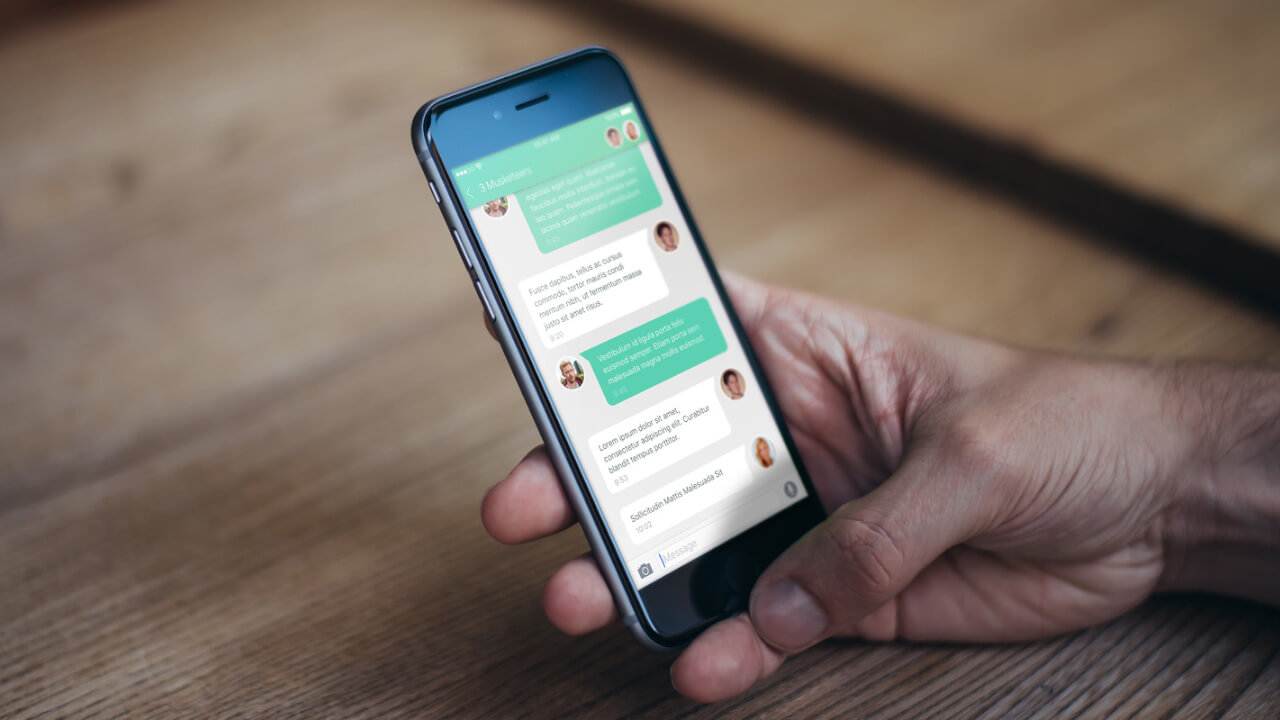
It’s that time of the year for hoteliers to prepare for the forthcoming corporate contracting season. For independent hotels, we need to focus on our strategy.
NB: This is an article from Pegasus
Many of us compete in the marketplace with branded chains that afford global sales structures for their member properties, giving them a distinct advantage in the quest to attract more business travellers.
It’s inevitable that your comp set will feature a branded hotel. Those hotels benefit from a national corporate sales team working with travel buyers, whose contact details are almost always impossible to find online. Despite making numerous calls to a corporation’s headquarters, the telephone operator will typically refuse to confirm the Travel Managers name due to security protocols.
The challenge of identifying corporate clients
If you can access market intelligence reports for your city, you’ll no doubt have discovered travel agent IATA numbers often send you on a wild goose chase. With so many travel agents now working from home in a virtual environment, there’s no physical office building to visit, contact, or request information about corporations.
If your hotel is fortunate to be in a city that overbooks accommodation beyond its capacity due to city events, you might be able to identify travellers with the ‘sales-office-to-front-desk dash’.
As a flurry of corporate travellers arrive in your lobby, rushing to meet them at the front desk is often the only lead generating opportunity you have. These encounters give you a fleeting chance to solicit information and persuade your corporate clients to book direct and away from costly OTAs.
If you’re identifying with any of the challenges mentioned above, now is a good time to evaluate your supplier services ahead of the annual RFP season, kicking off in July. Let’s begin with some basics.
Contracting tools
When it comes to choosing the right hotel RFP Tool (Request for Proposal), here are some key points to bear in mind:
Associated costs
The RFP Tool facilitates access to receive and negotiate potential corporate agreements. A paid license fee will always be applicable, but check with the service provider first about how many corporations distribute their RFPs through their tool.
RFP demand statistics
We recommend you ask the service provider to share RFP demand statistics (number of RFP requests) for your location. Make sure they exclude Consortia accounts in their reporting — these are often paid programmes that are available on most Hotel RFP Tools and they won’t generate corporate RFPs.
Grow your network
Keep in mind that having access to a Hotel RFP Tool does not necessarily promote your property directly to a Travel Manager; most corporations use third-party specialist consultants to manage the process on their behalf (and these consultants also manage other corporations).
Increase your visibility
Ask about RFP demand-generating services available from the RFP Tool and via your GDS provider. For example, Cvent’s Hotel RFP Tool service has two dedicated products to guide and increase the visibility of your property.
Independent Hotel Representation
Following program acceptance via your Hotel RFP Tool, GDS connectivity allows corporations to place bookings at your property. Many independent hotel representation services provide a similar sales support structure to those branded hotels in your comp set.
Some providers feature a global sales team in exotic global locations, a recognized GDS chain code that travel buyers are familiar with — all packaged up with an annual marketing/representation fee.
Sound expensive? It is!
However, there are modern alternatives tailored to the specific needs of independent hotels, that reach beyond GDS connectivity and focus on driving down costs associated with procurement fees for travel buyers.




